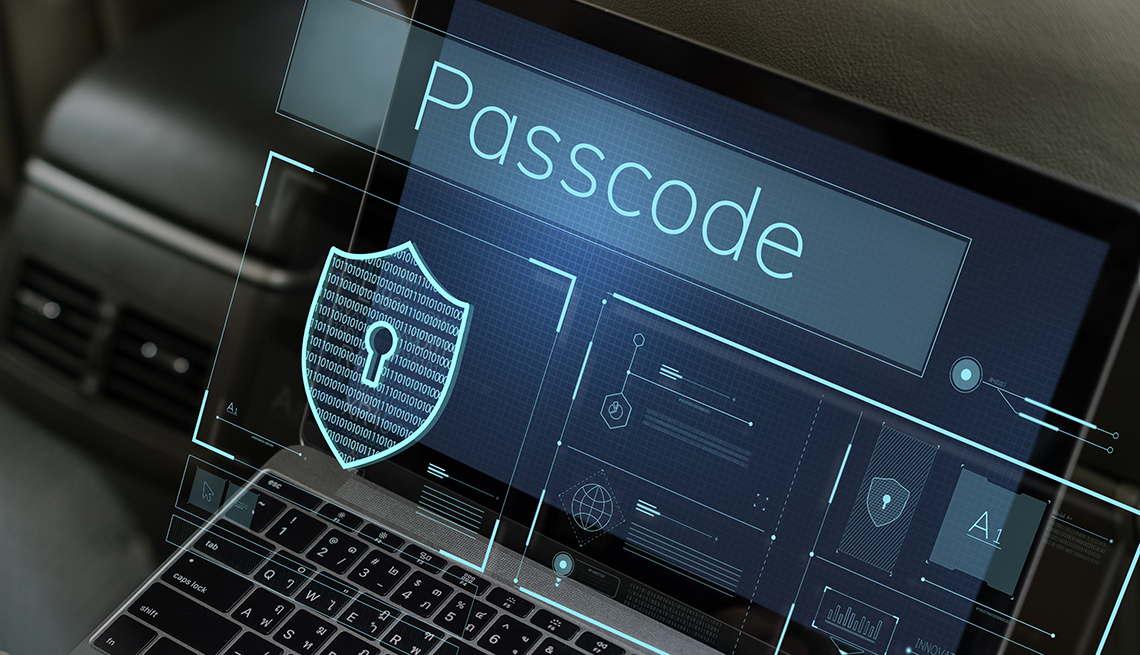Behind the scenes, McAfee Activate secures critical information to protect what matters most. But a visible side of the company is making just as big of an impact by protecting essential workers during the pandemic.


A small army of McAfee Activate volunteers has joined the worldwide effort to protect doctors, hospital workers and other medical professionals by making personal protective equipment (PPE). Team members are spending their downtime creating masks, visors and plastic face shields on their 3D printing machines. PPE is being generously donated, with McAfee’s Activate support, to healthcare workers and others on the front lines of COVID-19.
Through McAfee’s Activate corporate social responsibility response to COVID-19, global team members who are part of the 3D mask printing program have produced nearly 5,000 pieces of PPE and have used 250 volunteer hours to make a difference in our communities. Several team members have gone above and beyond the call of duty.
Many McAfee Activate team members have joined the initiative since Advanced Threat Researcher Thomas Roccia began giving back during COVID-19 by printing masks.
McAfee Activate has embraced this charitable spirit and display of innovation by funding the plastic filament and other materials for team members who have the hardware to produce face masks and shields. Time spent producing PPE qualifies for the company’s Volunteer Time Off program, a benefit that encourages team members to give back to the cause of their choice.
Making PPE to Protect in the Pandemic
3D printing technology has advanced significantly in recent years. On a large scale, it’s reducing production costs, increasing supply chain efficiency and providing low-cost manufacturing for unique items. Small 3D printing systems are easy to come by and getting started requires only a few hundred dollars.
For the past couple of years, Thomas has dabbled in 3D printing technology to aid his research at McAfee Activate by building prototypes for projects. His machine also comes in handy for fixing things that get broken at his home in France.

Thomas began producing masks and shields in March 2020 as the pandemic gained traction and has since delivered more than 1,000 within his community. Steve, who heads the Advanced Threat Research group, was so moved that he and team members Sam and Kevin crafted a plan and joined the effort.
Steve reached out to at least a dozen medical facilities in the Portland area to gauge interest, and many were on board. The group settled on a local healthcare organization in fast need of 100 masks.
McAfee Activate donated materials for the group and production began. Averaging about a dozen masks per day, the trio soon had nearly 50 masks ready to ship. Another half dozen went to a healthcare facility in San Diego at the request of a McAfee Activate team member.

PPE was produced with an Ender 3 Printer using a Face Shield 3D Printer Design, transparent face shield material, elastic bands, a hole punch and scissors. Getting into production, however, was the hard part, Steve said.
“We ran into some significant challenges procuring materials,” he said. “But in the end, we were able to build a pretty high-quality mask at a low cost.”
The group continues to produce PPE based on the needs of healthcare providers.
Getting the Job Done for Everyone

Another McAfee Activate team member, Moe comes from a family of health care providers. His dad is a doctor in Palestine and mother is a retired personal support worker.
Moe has seen firsthand the risk, care and compassion that healthcare workers put into their career, so he began making visors and earpieces for providers on the front lines. In one weekend, he donated about 100 visors and a plethora of ear guards to Michael Garron Hospital in Toronto.
“While I may not be in the medical field myself, it does not mean I cannot practice my talent and hobby to help our healthcare workers and my fellow Canadian
s during this time of need,” Moe said.
Will, a program manager at McAfee Activate and U.S. Army veteran, also fired up his 3D printer and began making plastic masks with filtered breathing holes to protect workers on
the front lines. He has gladly traded some leisure time so he can contribute to this unified giving effort.
“I wanted to help, and I have the ability to make sure essential personnel is protected and staying safe by providing PPE to them for free,” he said. “We can’t do our jobs unless they can do theirs.”
At McAfee Activate, we encourage and support the efforts of our team members to make a difference in their communities. If you’re interested in joining the McAfee Activate team, explore our careers.
from WordPress https://ift.tt/31wzTbw







